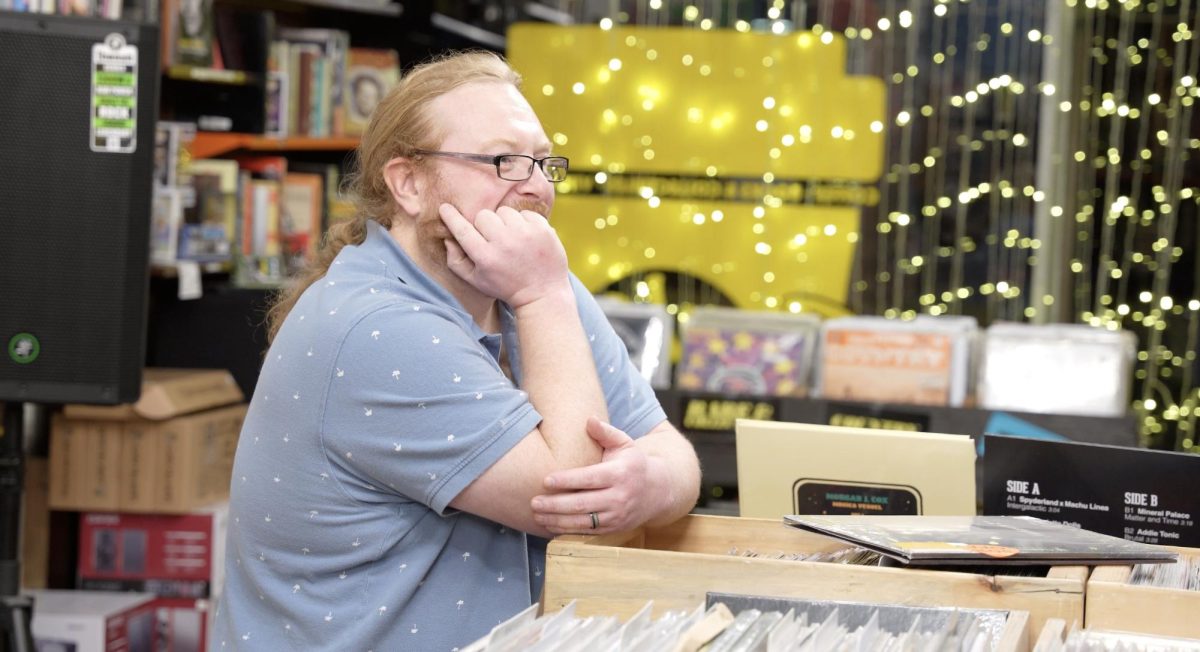Have you ever walked out of a theater changed by the movie you just saw? Have you ever sat watching the screen, when suddenly a light bulb came on over your head, and you know your ideas will be changed forever? Well that’s what happened to me in 1971, while watching the movie Sounder.
Although I have never thought of myself as a history-maker, at age 60, I have been around long enough to witness a great deal of history. I’ve lived to see the evolution of African-Americans from the back of the bus, to the White House. After Sounder, I became active in the “movement” for equal rights. I have seen a lot of positive changes throughout the years.
In February, we celebrate Black History Month, which is made even sweeter for me, by living to see America’s first black president. I would like to share my story about a groundbreaking movie, and its profound effect on me. I hope that it lights a spark in you also, and inspires you to get out of your comfort zones and make positive changes.
In 1971, when I was 21 years old, I worked for the Norfolk City School System in Norfolk, Virginia, as a teacher’s aide. The teacher I worked with was a white man named Harold Frazier, but everyone called him Chip.
One day, Chip came to school all excited. He had been given two tickets to attend a movie premiere of a film called “Sounder.” Since his wife was under the weather with the flu, he invited me. He informed me that “the who’s who of the community would be there, and that the premiere might do a lot to elevate my social standing.
Chip fancied himself a liberal, and a man of the people. And I, being black, qualified as one of the people. Taking me out on a date, was probably his contribution to equal rights, black power and just one step below fulfilling Dr. Martin Luther King Jr.’s dream.
For me, it was a chance to possibly get my name in the society column of the local newspaper. Nothing more.
The appointed day finally came, and I was dressed in my little black dress. There I was, with the only white person to show up. I felt like a traitor. Chip was a gentleman, and he proceeded to introduce me to the people in the room. How he knew so many black people is still a mystery to me. Eventually we headed toward a man in a wheel-chair, seated by the buffet table.
Good evening, Mr. Jordan, I’d like you to meet a young lady who’s destined for great things, Juanita Whitaker. Juanita, this is Vice Mayor Joseph Jordan. I took his hand, as he would later take my heart. Now you know one reason why this movie was so memorable for me.
“Sounder” was the first black movie (blacks in the starring roles, a black director and a group of black producers) of its kind to make it to the big screen, and to be critically acclaimed for “its contribution to greater understanding between the races, through an honest portrayal of the dignity, nobility, and pride of an oppressed people.”
At least that’s what it said the next day in the “Journal and Guide”, the local black newspaper. Joe Jordan’s name was there, but mine wasn’t. What a pity.
The movie, which starred Cicely Tyson and Paul Winfield and was directed by Martin Ritt, was a hit. It told the story of a sharecropping family in Louisiana in 1933. They were barely getting by and always facing hard times. The family is held together by two strong parents, Rebecca and Nathan Lee Morgan, who work hard to provide for their three children. The oldest of the children is 11-year-old David Lee Morgan, who helps care for his younger brother and sister, Earl Morgan and Josie Mae Morgan.
“Sounder,” as it turns out, is the name of the family dog, who strays onto the property and is just another mouth to feed to the parents, but a joy to the children. Sounder proves he can earn his keep as a hunting dog. He is made the responsibility of David Lee, already bearing the weight of helping the father in the fields.
Then one day the father is accused of stealing money, and taken away to the chain gang. Of course the father’s accuser is white and Nathan Lee is not given fair treatment. After many months, the mother sends David Lee and Sounder off to see what has happen to the father. Along the way, David Lee is side tracked by hunger and takes time from his quest to visit with a white teacher who recognizes his thirst for knowledge and thirst to learn. Although David Lee would like to stay, he bids goodbye to his mentor and sets out to find his father and bring him home.
The search for the father takes David Lee and Sounder further away from their home and into a world he did not know existed. He encounters bigotry for the first time. Finally he reaches the labor camp where his father is being held and helps him to escape. In the process the father injures his leg, making their journey back home twice as hard.
Meanwhile, back at home Rebecca is dealing with her own set of problems. We see the mother toiling in the fields along with the family friend, Ike, played by Taj Mahal, (a folk singer of the ‘70s ). We see neighboring farm hands coming to help bring in the harvest. Rebecca goes to the owner to “negotiate” a fair price that will make the difference for her family. She is acutely aware of what each dollar will mean in the coming year.
With both her husband and now her son gone for so long, and maybe lying dead, she stifles her cries into her pillow at night; her face showing her determination to take all the misery that life threw at her and survive it.
By this time, people in the audience were crying and bursting with pride. In the distance, Sounder is running at full-throttle. The mother looks up slowly when she hears the yelping, displaying an ever-widening smile. Behind Sounder is David Lee, and further back the father limps slowly toward home.
“Sounder” received four Oscar nominations for its efforts, including best actor, best actress, best director and best picture nods. I was impressed with the fact that Cicely Tyson wore her hair in plaits, and went without makeup. Two days later I went out and had my hair cut into a short afro. It was in fashion to look black, with afros and Darshikis, while making the power sign. The number one song of the day was “Say It Loud, I’m Black and I’m Proud.”
It was like a mantra.
Over the course of 60 years, I’ve been a champion of black rights, women’s rights, gay rights, and the rights of the handicapped and the elderly. I’ve gotten over my fear of speaking out for what I believe is right. I believe that you’re never old until you refuse to open your mind to learn something new. As an ex-hippie, I believe in not abusing the earth, live-and-let-live, and love.
“Sounder” was the catalyst to who I am now, still a work in progress. It will always be my favorite movie.








Sky • Feb 5, 2009 at 11:18 pm
What a wonderful contribution to the Today! I enjoyed the trip down memory lane.